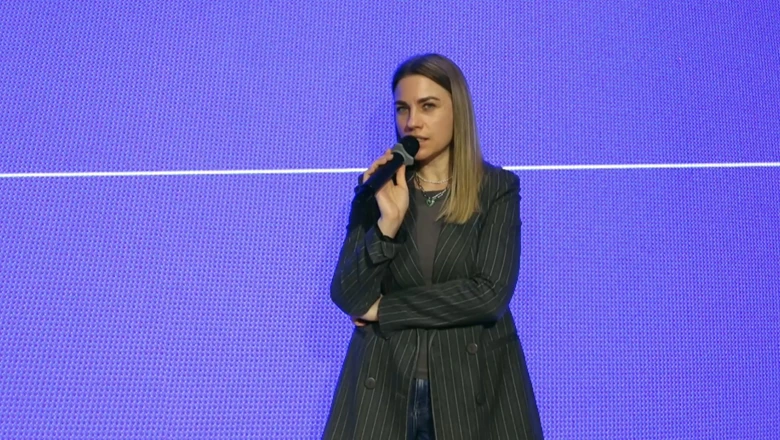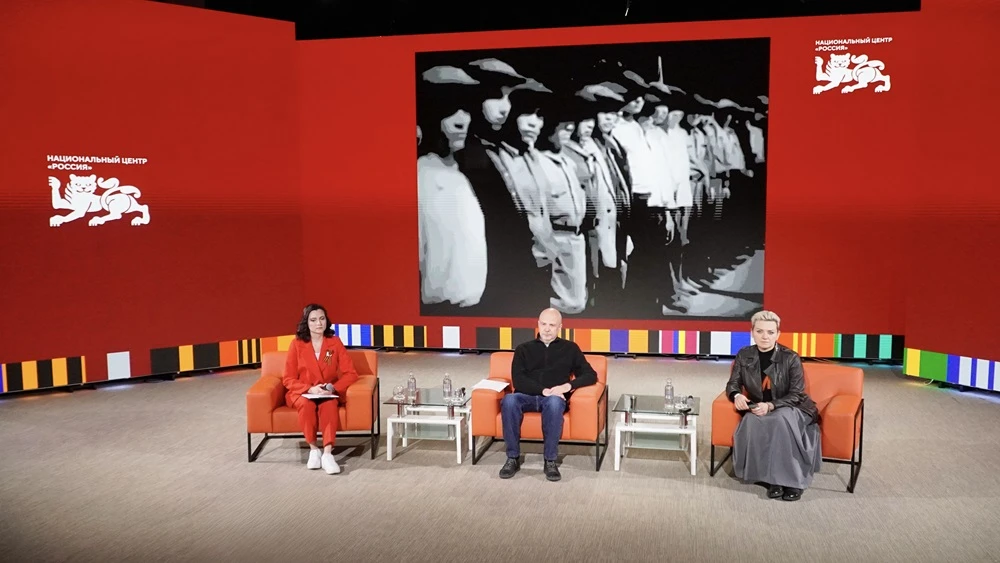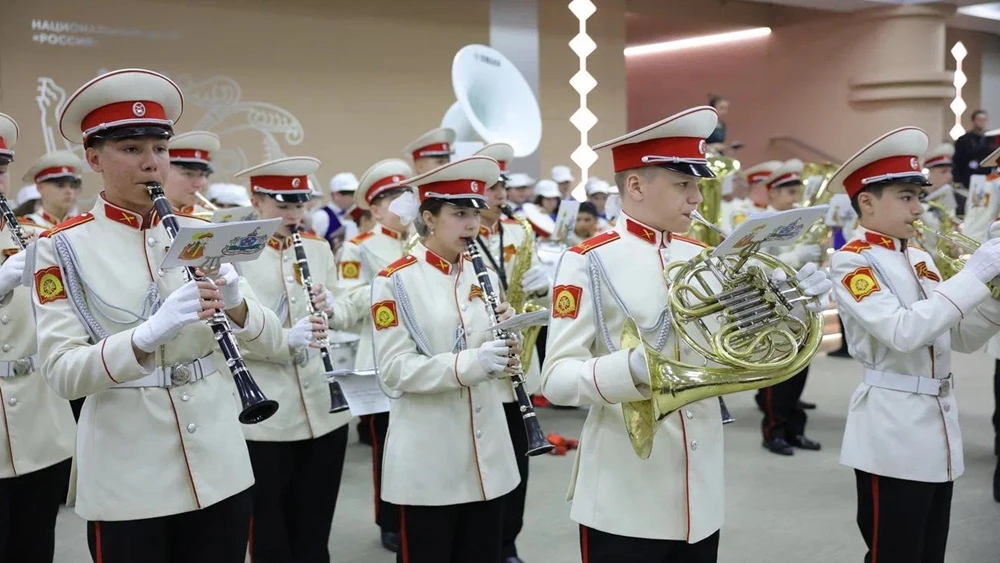Meat from a test tube and protein from oil: the RUSSIA EXPO hosted a lecture on what the menu will be in 2050
26.03.2024
The future is not plant-based, but chemical protein: the guests of the International RUSSIA EXPO were told about trends in the food and agricultural industry at the lecture "Menu for 2050: Technologies that Determine What We Will Eat" organized by the Ministry of Industry and Trade of Russia in its pavilion "Made by Us". The audience also learned about new scientific research and technological approaches to the development of food products, the creation of smart diets and the introduction of artificial intelligence in various processes.
According to UN forecasts, by 2050, the world's population will approach the 10 billion mark. Such indicators pose new challenges to the present day and require innovative approaches to answer the question: "How to feed the whole world?".
"A world without hunger is not just a dream, it is our mission, - shared Ksenia Ivanova, head of the department of employer brand development and work with young talents at Uralchem Group, - it is the agrifoodtech industry that is searching for alternative sources of food and new technologies for food production, also taking into account environmental and climatic changes".
An undoubted trend in recent years has been the creation of alternative proteins. A person needs from 50 to 100 grams of pure protein per day, which is resource-intensive to obtain using traditional methods. Therefore, scientists have found a new way to extract this key nutrient - from natural peas.
If the use of vegetable protein has become an everyday occurrence, then petroleum, gasoline or machine oil for breakfast is the future. For example, Russia has successfully launched production of feed microbial protein, which is obtained by culturing bacteria from natural gas. Such bioprotein is already used in fish farms as a feed additive.
Food printing - printing food on a 3D printer - is also gaining popularity.
"In 2013, scientists managed to cultivate protein molecules. Now the process of working on the quality and texture of the products is underway. According to forecasts, already in 5-7 years we will see 3D-printed cutlets made of meat grown from a test tube," said Ksenia Ivanova. By the way, in Russia you can already try squid from legumes printed on a bioprinter.
Modern research shows that there are no unhealthy products, there are certain individual characteristics of the body. Russia is rich in natural and technological resources, which makes it possible to make up your diet of high-quality and pure food every day.
Possibly interesting
08.05.2025
Work filled with everyday heroism: a lecture on the feat of military newsreel cameramen was held at the National Centre RUSSIA
The lecture "Come and See: The Feat of Newsreel Cameramen during the Great Patriotic War" took place as part of the "Thursday. Development".
08.05.2025
The Minsk International Exhibition Centre BELEXPO opened on Victory Day
The centre has become the first, unique, and multifunctional exhibition venue in Belarus, operated by the National Exhibition Centre "BelExpo."
08.05.2025
Combined children's wind orchestra performed at the National Centre RUSSIA
On May 8, the audience at the National Centre RUSSIA enjoyed a performance by a combined children's wind orchestra, which launched the festive concert programme.



